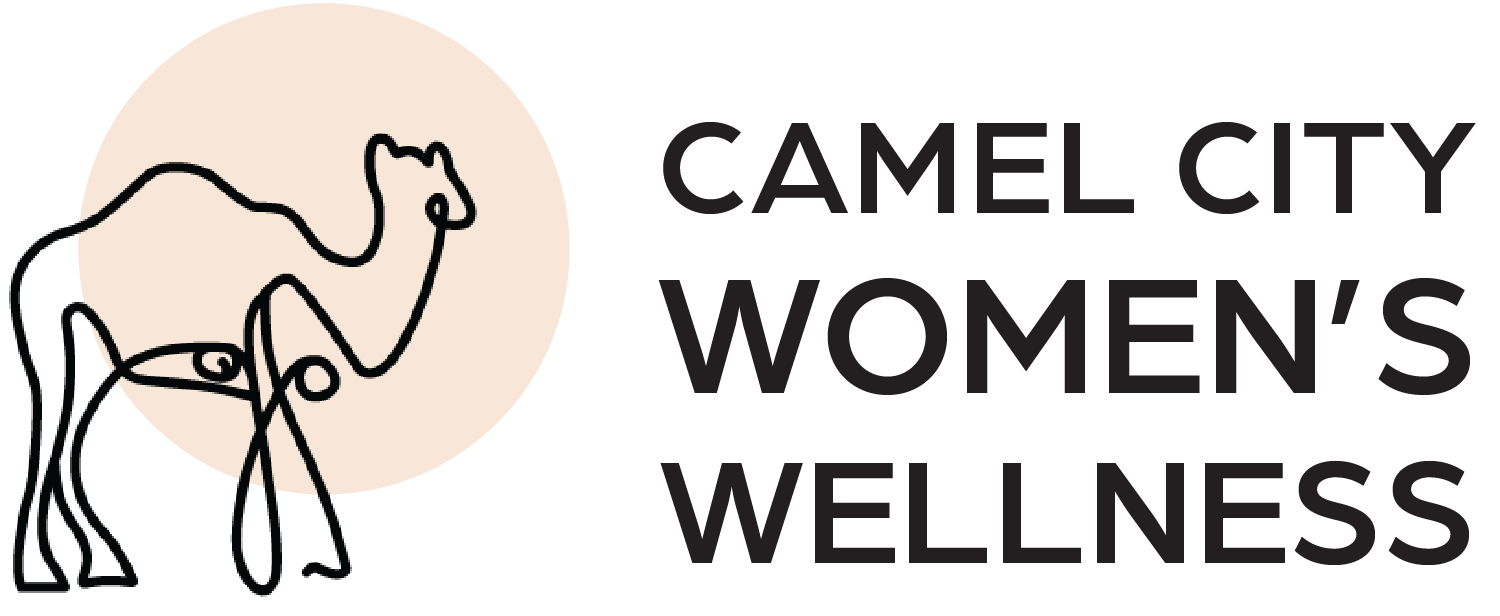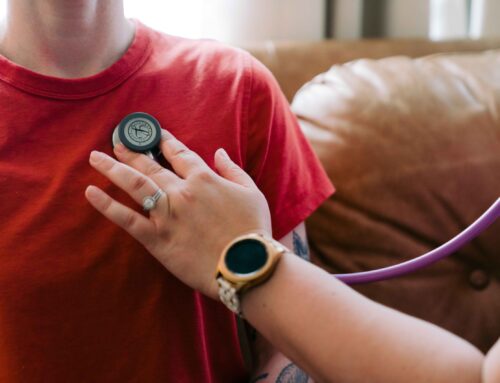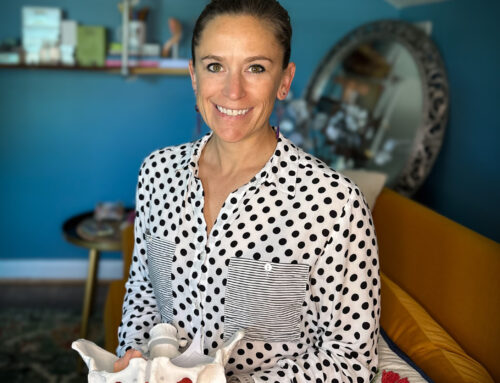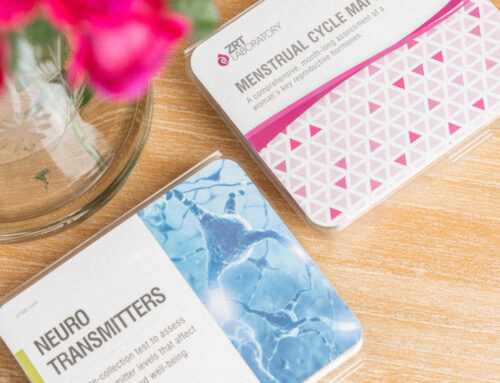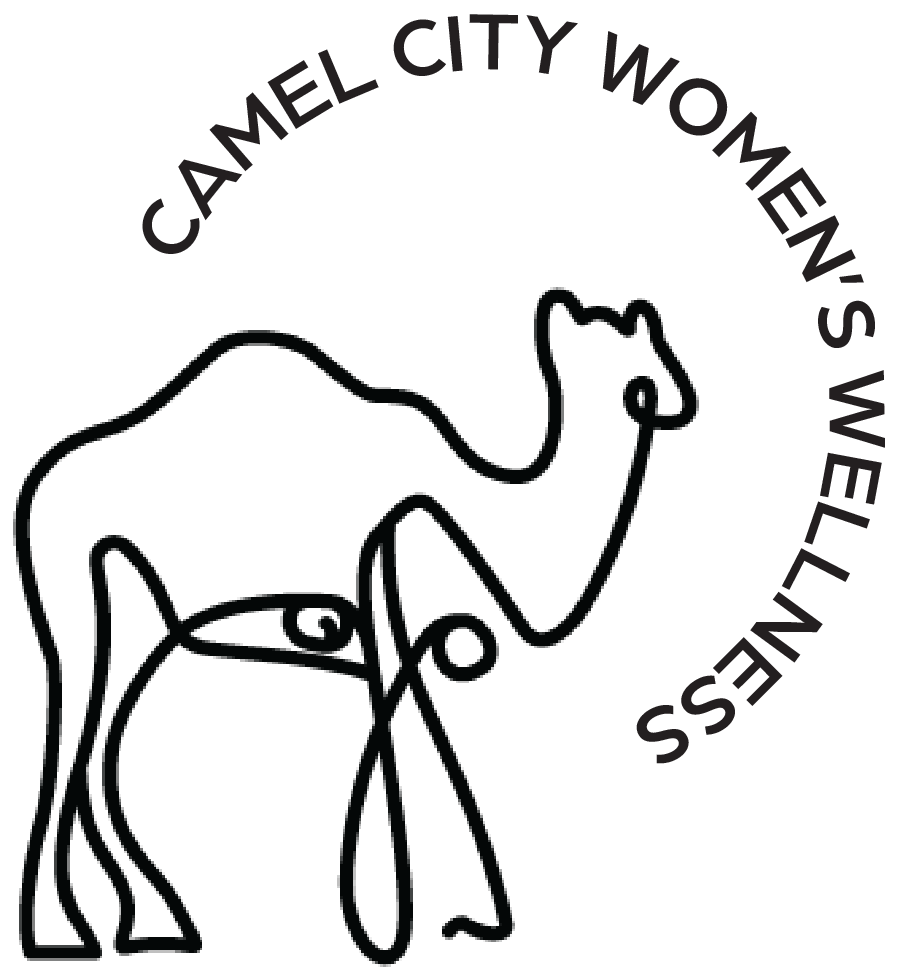Menopause & Your Mouth
Did you know that menopause and the normal female aging process can affect your mouth and oral health? Let’s get into it!
This has been coming up a lot in my practice – extra fillings during peri/menopause, tooth loss and need for dental implants, dry mouth, and a tricky condition called burning mouth syndrome. What does all this have to do with menopause?
Bone Loss
As women lose their own estrogen as their ovaries go into retirement, bone loss starts rapidly occurring. This is because without estrogen, the cells that break apart bone for bone remodeling (called the osteoclasts), kind of do their job on overtime. This isn’t a rare thing – one in 2 women and up to 1 in 4 men will break a bone due to osteoporosis. For women, this incidence is greater than that of heart attack, stroke, and breast cancer combined. What’s even more shocking is that 24% of hip fracture patients above age 50 will die in the year following the fracture. This is because major osteoporotic fractures lead to a lot of morbidity. So how does this affect your teeth? Well, your teeth are bones! Having low bone mass, or osteopenia, or osteoporosis can lead to tooth loss and loss of bone in the jaw which may lead to temporomandibular joint dysfunction.
If you have osteoporosis, there are studies that show that treating these conditions with either osteoporosis medications (such as zoledronic acid) or estrogen therapy can help improve dental health alongside of good oral hygiene.
Gum Disease
Estrogen helps blood flow everywhere. This is to your skin, your heart, your muscles, your genitourinary system, and your gums. Declining estrogen levels lead to weaker gums which makes them more susceptible to inflammation, bleeding and infection. Collectively we call this periodontal disease or periodontitis.
Dry Mouth
Dry eyes, dry vulva, and dry mouth – all caused by loss of estrogen. Estrogen helps with blood flow, which helps with lubrication of areas of our body that like to be lubricated. This includes the mouth! Sometimes dry mouth is so severe, it wakes people up at night! Dry mouth can also make it difficult to eat and swallow. Saliva helps break down food so it can be swallowed more easily, and saliva also helps with the first step in the digestive processes so your stomach and intestine can absorb the nutrients from your food. Saliva also helps with the microbiome in the mouth – taking care of pathogenic bacteria, viruses, and parasites that don’t need to be there. Dry mouth can lead to cavities because of this.
Burning Mouth Syndrome
Burning mouth syndrome is a rare condition that can affect around 2% of the population with women being up to seven times more likely to be diagnosed than men, according to The American Academy of Oral Medicine. Patients with BMS are predominantly postmenopausal, and burning is experienced on the tongue, roof of mouth, surface of lips. Experts are not really sure why it mostly affects postmenopausal woman, but it is clear that there may be a hormonal component to this. This is a benign condition, and it does not lead to oral cancer.
So what can you do?
- Maintain good oral hygiene – brush your teeth at least twice a day and floss at least daily. Pro tip – wash your face after you brush your teeth as to not introduce oral bacteria to your face which may increase perioral outbreaks.
- Stay hydrated and avoid sugary beverages.
- Eat a well balanced diet, and make sure you do not have vitamin D deficiencies. Be sure you are getting enough calcium from food.
- Manage stress! Stress can worsen TMJ and teeth grinding.
- Don’t smoke.
- Screen for osteopenia/osteoporosis.
- Consider menopausal hormone therapy.
- Regular dental check ups. Patients should visit their dentist twice a year for cleaning and exam.
- Assess gut health – your gut starts at your mouth!
Resources
Dutt P, Chaudhary S, Kumar P. Oral health and menopause: a comprehensive review on current knowledge and associated dental management. Ann Med Health Sci Res. 2013 Jul;3(3):320-3. doi: 10.4103/2141-9248.117926. PMID: 24116306; PMCID: PMC3793432.
Passos-Soares, Johelle de S. PhD1,2; Vianna, Maria Isabel P. PhD1; Gomes-Filho, Isaac S. PhD2; Cruz, Simone S. PhD2,3; Barreto, Maurício L. PhD4; Adan, Luis F. PhD5; Rösing, Cassiano K. PhD6; Trindade, Soraya C. PhD2; Cerqueira, Eneida M.M. PhD7; Scannapieco, Frank A. PhD8. Association between osteoporosis treatment and severe periodontitis in postmenopausal women. Menopause 24(7):p 789-795, July 2017. | DOI: 10.1097/GME.0000000000000830
Taguchi, Akira DDS, PhD; Shiraki, Masataka MD, PhD; Tanaka, Satoshi BS; Ohshige, Hideyo BS; Nakamura, Toshitaka MD, PhD. Improved periodontal disease and prevention of tooth loss in osteoporosis patients receiving once-yearly zoledronic acid: a randomized clinical trial. Menopause 26(11):p 1277-1283, November 2019. | DOI: 10.1097/GME.0000000000001393
Burning Mouth Syndrome: https://maaom.memberclicks.net/index.php?option=com_content&view=article&id=81:burning-mouth-syndrome&catid=22:patient-condition-information&Itemid=120
